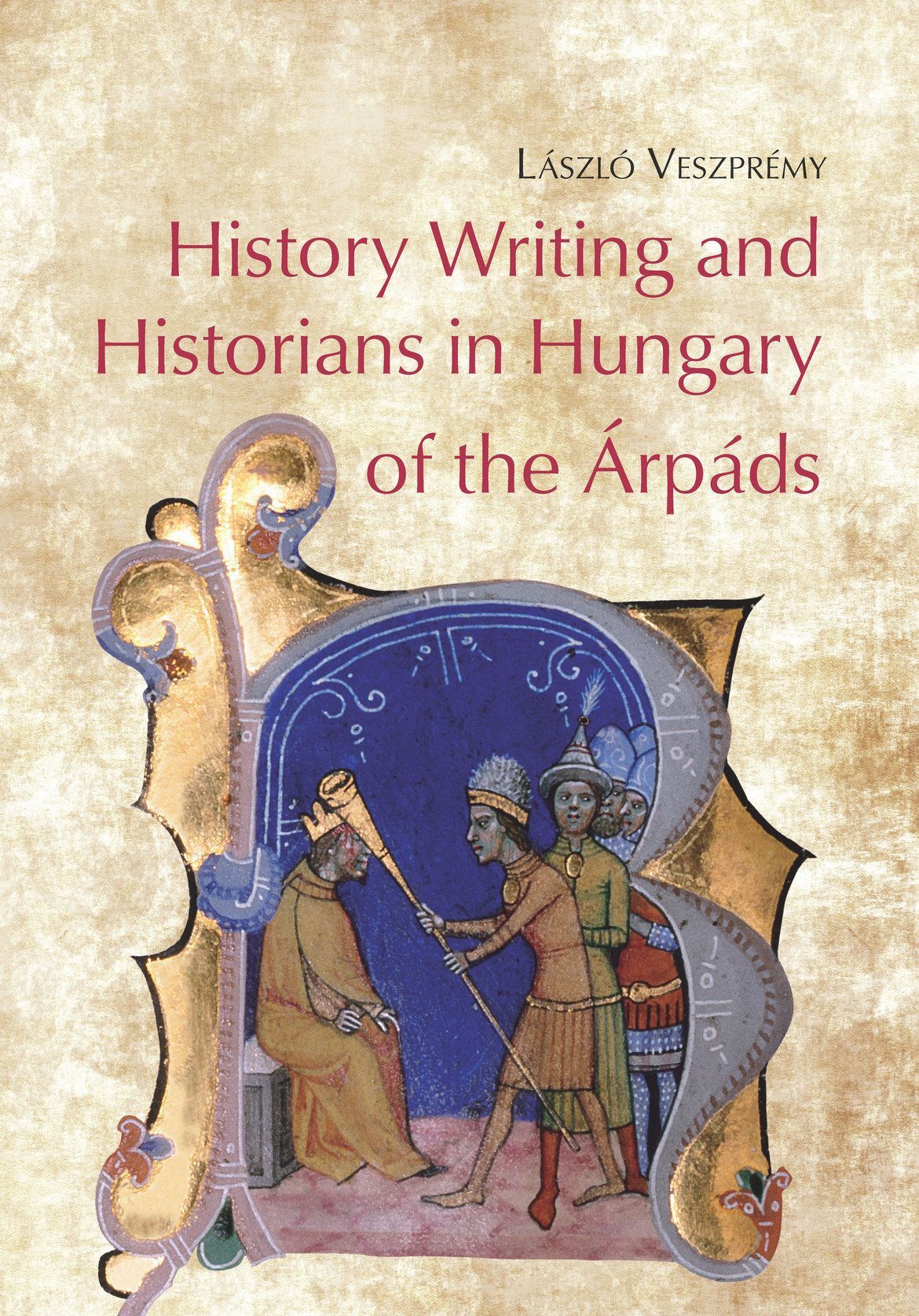In the Arpadiana XVIII. volume the author, László Veszprémy offers a concise overview of the most important chapters of Latin historiography in Hungary from the time of the conversion to Latin Christianity until the mid-13th century.
The analyses focus on the medieval Hungarian chronicle based on its surviving 14th-century copies, as well as on the chronicle written by an anonymous author around 1200. Among the aspects discussed here are the reception of Western European literary models, with emphasis on the stories of Alexander the Great and that of Troy. The testimony of the earliest library catalogues, as well as the legends of the Hungarian saints are also discussed.

The testimonies of non-Hungarian narrative sources (Adémar de Chabannes, Cosmas) are presented as control sources. Special attention is paid to some controversial themes of the European historical tradition, the South German sources on St Stephen, the memory of Charlemagne, and the mythical Hungarian–Hun origin story. Some chapters also go beyond the temporal boundaries, looking back to the survival of the ancient pre- 1,000s tradition, or even to the late medieval afterlife of the portrayed chronicles.

